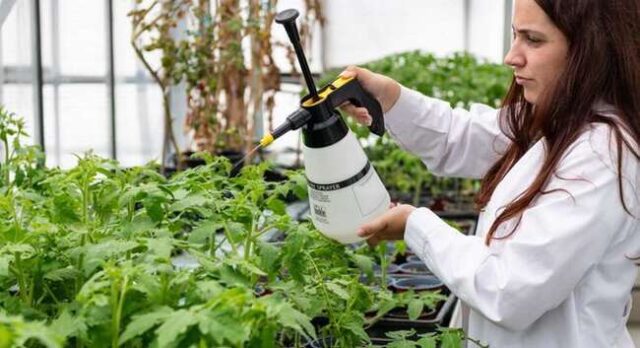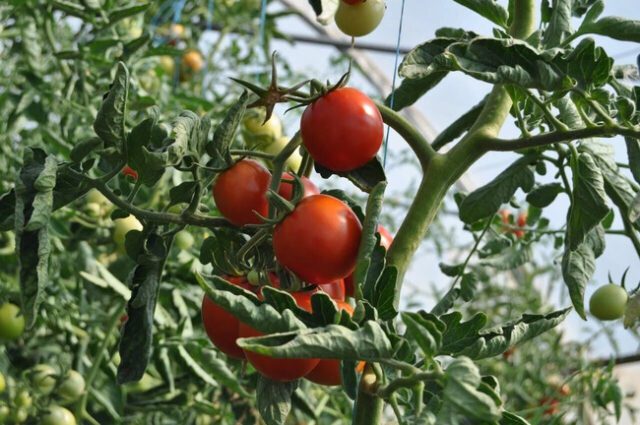
A recent breakthrough in agricultural science has introduced a novel way to protect tomato plants from the deadly bacterium Pseudomonas syringae, a pathogen that has long threatened crop yields. Spanish researchers discovered that a natural aromatic compound called alpha-terpineol allows tomato plants to “sniff out” the danger posed by this bacteria. The compound, part of what the team calls the “aroma of resistance,” triggers a defensive response in the plants, enabling them to detect the bacterial threat and close their stomata, effectively blocking the pathogen’s entry. This natural mechanism mirrors how plants communicate and defend themselves, using volatile organic compounds to alert neighboring plants and initiate protective measures.

The implications of this discovery are vast, offering a sustainable alternative to chemical pesticides and advancing the pursuit of environmentally friendly agricultural practices. The simplicity and affordability of alpha-terpineol application—either as a spray or through diffuser devices—make it an efficient solution for farmers. Beyond its protective capabilities, this method could mitigate other challenges, such as drought, by enhancing the plant’s natural resilience. The research team, working with the company Meristem, has already secured a patent for another similar compound, further underscoring the potential of these natural volatiles to revolutionize crop management. This innovative approach not only supports the health of the plants but also contributes to more sustainable farming practices, aligning with broader environmental goals.

















